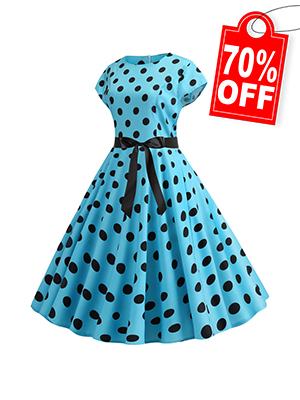Exploring the Intersection of Fashion and Culture
Fashion has always been a reflection of culture, serving as a canvas for expressing societal values, beliefs, and trends. In this blog, we'll delve into the dynamic relationship between fashion and culture, exploring how different cultural influences shape the ever-evolving landscape of style.
Cultural Fusion: In today's globalized world, cultural boundaries are becoming increasingly blurred, leading to a fusion of styles and influences in the fashion industry. Designers are drawing inspiration from diverse cultural traditions, incorporating elements such as patterns, textiles, and motifs into their collections. From Japanese kimono-inspired silhouettes to African wax print fabrics reimagined in modern designs, cultural fusion in fashion celebrates diversity and fosters cross-cultural dialogue.
Street Style: Street style has emerged as a powerful force in shaping fashion trends, often reflecting the unique cultural identities of urban communities around the world. From the vibrant colors and patterns of Harlem's Harlem Renaissance to the punk-inspired aesthetics of London's Camden Town, street style embodies the spirit of rebellion, self-expression, and individuality. Fashion photographers and influencers play a crucial role in documenting street style trends, showcasing the creativity and diversity of fashion subcultures across different cities and neighborhoods.
Indigenous Fashion: Indigenous fashion is gaining recognition as designers from Indigenous communities reclaim their cultural heritage and traditions through clothing and accessories. From Navajo-inspired prints to Inuit-inspired outerwear, Indigenous designers are infusing their collections with symbols, motifs, and techniques that celebrate their cultural identity and ancestral wisdom. By promoting Indigenous fashion, designers are not only preserving cultural heritage but also challenging stereotypes and promoting greater diversity and representation in the fashion industry.
Fashion Activism: Fashion has become a powerful tool for activism, allowing individuals to express their social, political, and cultural beliefs through clothing and accessories. From feminist slogan tees to LGBTQ+ pride apparel, fashion activists are using clothing as a form of protest and resistance, raising awareness about important issues and advocating for social change. By aligning fashion with activism, designers and consumers alike can contribute to positive social impact and promote a more inclusive and equitable society.
In conclusion, the intersection of fashion and culture is a rich and dynamic space where creativity, diversity, and innovation thrive. Whether it's through cultural fusion, street style, Indigenous fashion, or fashion activism, fashion reflects the ever-changing tapestry of human experience, serving as a mirror of society and a catalyst for social change. By embracing cultural diversity and celebrating individual expression, we can create a more inclusive and vibrant fashion industry that reflects the beauty and complexity of the world we live in.



